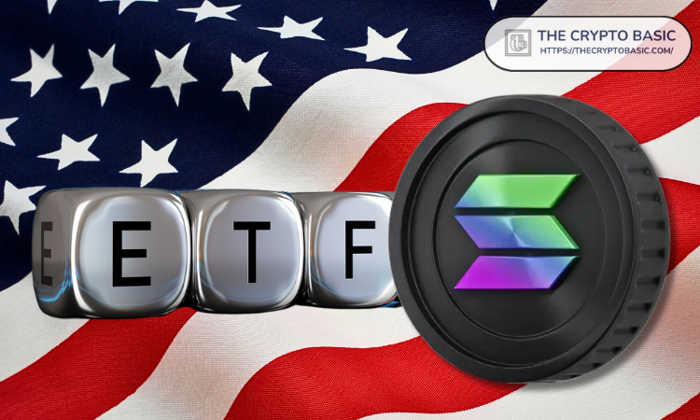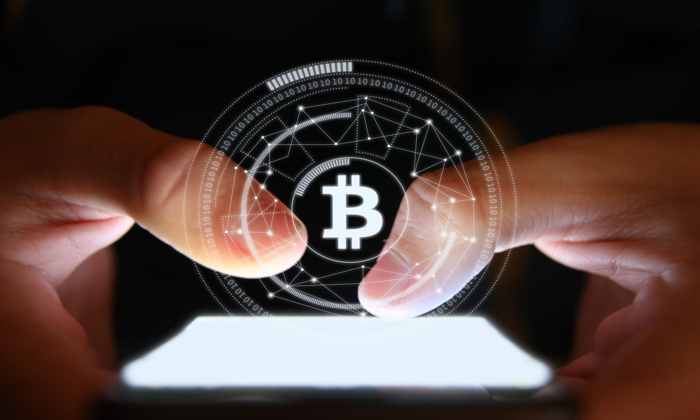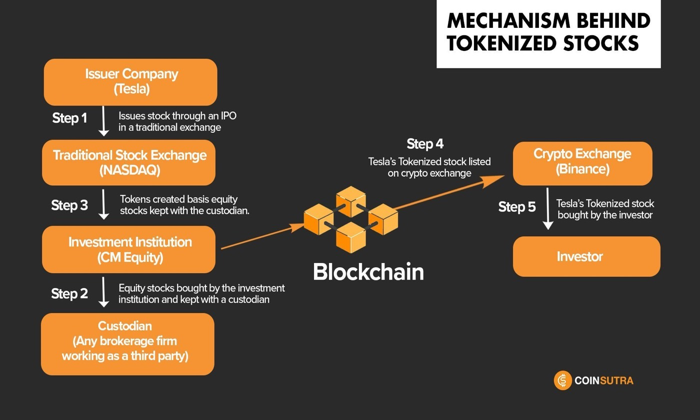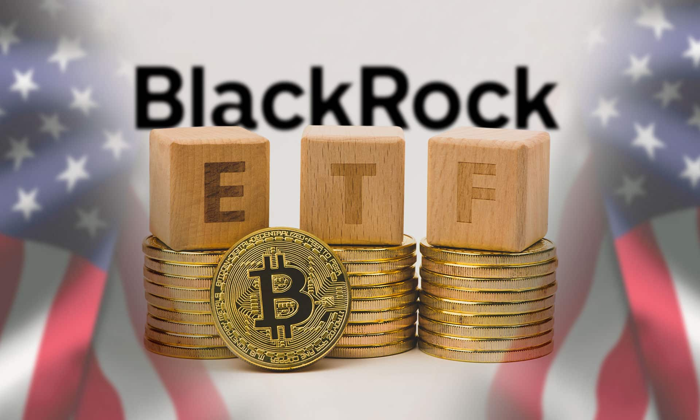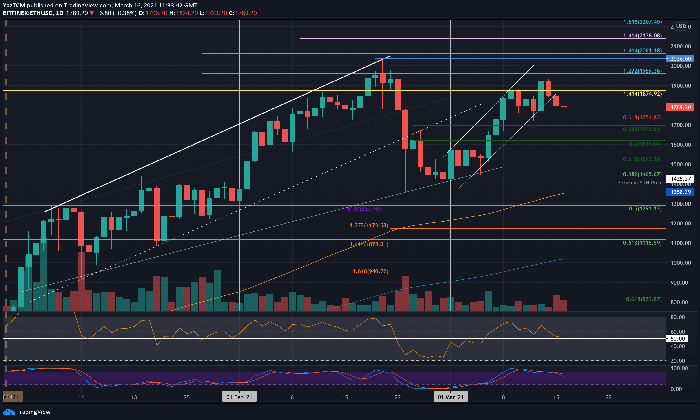In a striking intersection between politics and cryptocurrency, Ripple Labs and Trump are at the center of a dramatic narrative involving the XRP token and its potential role in a strategic U.S. crypto reserve. Reports have surfaced indicating that President Donald Trump was influenced by lobbyist Brian Ballard, closely associated with Ripple Labs, to announce the inclusion of XRP in his forthcoming digital asset framework. A March 2 social media post by Trump revealed plans for a U.S. crypto reserve, which was allegedly scripted by a Ballard associate. This revelation not only highlights the growing influence of cryptocurrency in American politics but also sparked controversy, as Trump reportedly felt manipulated after learning about Ripple’s support. With such ties to Ripple cryptocurrency, the implications of these events may resonate deeply within the crypto landscape and beyond, especially as discussions of digital assets heat up in the political arena.
The relationship between Donald Trump and Ripple Labs unveils a fascinating glimpse into the intersection of government and the digital finance sector. Ripple Labs, known for its pioneering Ripple cryptocurrency and the XRP token, has established connections within the political realm, particularly through lobbyists like Brian Ballard. Trump’s recent actions regarding a national crypto reserve, including the XRP token, have sparked discussions on how social media can influence policy decisions and public perception of digital currencies. This relationship signifies how political endorsements and lobbying can impact the evolution of crypto regulations in the United States. As the conversation around digital assets continues to unfold, the implications of such alignments are becoming increasingly critical in shaping future policies.
Trump’s Strategic Crypto Reserve Initiative
In March, a significant announcement emerged from President Donald Trump’s social media account, suggesting a new strategic crypto reserve for the United States. This initiative reportedly includes the XRP token, a digital currency linked to Ripple Labs. The involvement of Ripple, particularly through lobbying channels connected to Brian Ballard, indicates a concerted effort to position XRP as a cornerstone of national cryptocurrency policy. The idea of a crypto reserve aligns with the growing trend among governments worldwide to explore digital currencies, which are recognized for both their potential and their risks.
The proposal reflects Trump’s ongoing interest in maintaining a strong foothold in the financial future, leveraging the modern digital landscape. The support from figures like Brian Ballard exemplifies how lobbyists play a pivotal role in shaping influential governmental decisions regarding cryptocurrencies. As discussions around a national crypto reserve intensify, it highlights the importance of regulatory frameworks that incorporate cryptocurrencies like XRP, ensuring they align with both economic strategy and national interests.
Ripple Labs and Lobbying Influence
The link between Ripple Labs and political lobbying has sparked significant debate, especially following the actions of lobbyist Brian Ballard. Trump’s harsh reaction to learning about Ballard’s ties to Ripple following the announcement signals the complicated relationship between politics and cryptocurrency interests. The lobbying activities that led to the promotion of XRP within the context of a national reserve raise questions about transparency in governmental outreach and the potential impacts of private interests on public policy.
Moreover, the involvement of Ripple in political funding—such as substantial donations to Trump’s campaigns—further complicates this narrative. With Ripple’s Chief Legal Officer, Stuart Alderoty, contributing over $300,000 to Trump’s political initiatives, it showcases how financial backing can shape political discourse in favor of specific cryptocurrencies. As these dynamics unfold, it becomes crucial for stakeholders in the crypto space to navigate the regulatory landscape while critically assessing the ethical implications of lobbying efforts.
Impact of Trump’s Policy on XRP Token’s Value
In the wake of Trump’s announcement regarding a strategic crypto reserve, the XRP token’s market behavior has become a focus for investors and analysts alike. Despite the buzz from significant political endorsement and the hype surrounding potential incorporation into a national reserve, the price of XRP has shown relative stability, reflecting a complex interplay between public sentiment and market dynamics. As of the latest reports, although XRP’s value did see a minor increase, the overall response to Trump’s proclamation was lukewarm.
This stability in pricing despite political advocacy underscores the intricacies of cryptocurrency markets, where external factors often have unpredictable effects. Investors are aware that while political backing can enhance visibility and credibility, it doesn’t always translate into immediate market movement. As the crypto space evolves, the correlation between political initiatives like Trump’s executive order and the internal market metrics of tokens such as XRP raises critical questions about long-term valuations driven by political narratives and economic fundamentals.
The Role of Social Media in Political Announcements
President Trump has consistently utilized his social media platform to disseminate policy changes and announcements directly to the public. In doing so, he bypasses traditional media channels, creating a direct line of communication that can shape public perception and influence market reactions. The announcement regarding the inclusion of XRP in a national crypto reserve highlights the significant role that social media plays in the political landscape, particularly as it pertains to emerging technologies and digital currencies.
By making policy declarations via social media, Trump capitalizes on the immediacy of digital communication. This approach not only engages his supporters but also stimulates discussions within investment communities regarding the implications of such announcements. However, this method can lead to unintended consequences, as indicated by the backlash Trump experienced upon learning about the lobbying ties connected to his statement—proving that in the fast-paced world of crypto, the intersection of social media and politics can influence both perception and reality.
Cryptocurrency Contributions to Political Campaigns
The growing intersection of cryptocurrency and political contributions has emerged as a powerful theme in current electoral landscapes. Ripple Labs has taken notable steps to support candidates who align with pro-crypto policies, such as contributing $5 million in XRP to Trump’s presidential inaugural fund. This substantial financial backing not only reinforces the company’s commitment to fostering an environment conducive to cryptocurrency growth but also illustrates how financial contributions can sway political agendas.
The implications of such funding extend beyond mere financial support; they raise critical questions about regulatory oversight and the ethical considerations of lobbying practices. As Ripple Labs continues to influence political campaigns, stakeholders within the cryptocurrency sector must consider how these contributions can help or hinder legislative approaches to digital assets in the future.
The Future of Ripple Cryptocurrency Amid Political Turmoil
As waves of political intrigue surround Ripple Labs and its connections to the Trump administration, the future of Ripple cryptocurrency hangs in a delicate balance. With the ongoing scrutiny regarding lobbying practices and the political affiliations of major stakeholders, the perception of Ripple—and by extension, XRP—could face significant challenges. How Ripple navigates this political landscape will play a crucial role in its adoption and reliability among users and investors alike.
Moreover, as the cryptocurrency market continues to grow, Ripple’s ability to address regulatory concerns and maintain strong relationships within the political sphere could determine its long-term viability. The dynamics of support from influential political figures and lobbyists present both opportunities and obstacles that Ripple must strategically manage to secure its position within the competitive cryptocurrency landscape.
Pro-Crypto PACs and their Influence
Political Action Committees (PACs) have increasingly registered the importance of cryptocurrency in election dialogues, as evident from Fairshake’s endorsements of pro-crypto candidates. The backing from PACs, coupled with contributions like those from Ripple Labs, demonstrates how financial support can amplify political voices advocating for innovation in the financial sector. As policymakers consider the regulatory environments for digital currencies, these PACs are instrumental in shaping narratives and enabling candidates who support cryptocurrency initiatives to gain visibility.
Looking ahead, the engagement of pro-crypto PACs in future elections poses significant implications for legislative developments in the crypto sphere. Their ability to mobilize financial resources and support candidates aligned with cryptocurrency interests could foster a favorable landscape for the adoption of digital currencies, ultimately influencing how regulations evolve concerning cryptocurrencies like XRP. The upcoming 2026 midterm elections will be a critical juncture for these movements.
Understanding the Digital Asset Stockpile Initiative
In March, Trump’s executive order established the ‘Digital Asset Stockpile,’ aimed at positioning the United States amidst the growing importance of digital assets worldwide. This initiative not only encompasses the XRP token but illustrates a broader strategy to foster innovation in the financial sector and create a robust framework for cryptocurrency management. By formalizing such initiatives, the government seeks to legitimize cryptocurrencies while addressing various economic factors affecting monetary policies.
The Digital Asset Stockpile initiative reflects a growing acknowledgment of cryptocurrencies as significant players in the future of finance. As the administration explores the implications of blockchain technology and digital reserve systems, it sets a precedent for future policies that can either enhance or challenge the integration of cryptocurrencies like Ripple’s XRP into mainstream financial systems. The effectiveness of this initiative will hinge on the balance between innovation and regulatory oversight.
Ripple’s Market Position During Political Changes
As Ripple Labs navigates the unpredictable waters of political influences, its position in the cryptocurrency market remains pivotal. Following Trump’s announcement linking XRP to a national crypto reserve, Ripple’s strategic responses will be closely monitored by market analysts. Maintaining traction and investor confidence amidst the shifting political landscape will require clear communication and adept leadership to mitigate potential disruptions.
Furthermore, the relationship between Ripple and influential political figures signals a commitment to growing the cryptocurrency sector in the U.S. By actively participating in political dialogues and fostering relationships with policymakers, Ripple aims to position itself as a leader in the evolving digital currency ecosystem. Decisions made in this political arena will undoubtedly shape Ripple’s operational landscape and market viability for years to come.
Frequently Asked Questions
What is the connection between Ripple Labs and Trump regarding the XRP token?
The connection stems from a lobbying effort linked to Ripple Labs, where a lobbyist associated with Donald Trump influenced the president’s announcement of a strategic crypto reserve that includes the XRP token.
Did Trump suggest the inclusion of XRP in a national cryptocurrency reserve?
Yes, President Trump made a social media post suggesting the inclusion of the XRP token in a national cryptocurrency reserve, reportedly based on suggestions from a lobbyist connected to Ripple Labs.
How did Brian Ballard influence Trump’s stance on Ripple cryptocurrency?
Brian Ballard, a pro-Trump lobbyist, reportedly provided President Trump with the wording for a social media post announcing a strategic crypto reserve that included the XRP token, showcasing his influence on the president’s policy direction.
What impact did Trump’s announcement have on the price of XRP?
Despite the significant political announcement involving XRP, the price of the token did not show notable changes following the news, remaining around $2.23 after a slight increase.
How much has Ripple Labs donated to Trump’s political campaigns?
Ripple Labs has contributed over $5 million worth of XRP to Trump’s presidential inaugural fund and supported political action committees favoring pro-crypto candidates.
What was Trump’s reaction after discovering the connection between Ripple and Brian Ballard?
Trump expressed anger upon learning that Ripple was a client of Brian Ballard, feeling that he had been manipulated, stating, ‘He is not welcome in anything anymore,’ referring to Ballard.
What executive order did Donald Trump sign regarding digital assets?
On March 6, Trump signed an executive order to establish a ‘Digital Asset Stockpile,’ which aligns with his previous announcement about a strategic crypto reserve that includes XRP.
How has Ripple Labs engaged with Trump’s administration in the past?
Ripple Labs, through its representatives like chief legal officer Stuart Alderoty, has engaged with Trump by donating substantial amounts to his campaigns and participating in inaugural events.
| Key Point | Details |
|---|---|
| Trump’s Crypto Reserve Plans | A post tied to Ripple Labs indicates that XRP could be included in Trump’s national cryptocurrency reserve. |
| Lobbyist Influence | Brian Ballard, a pro-Trump lobbyist, reportedly influenced Trump’s post about the crypto reserve. |
| President’s Reaction | Trump was displeased upon learning of Ripple’s connection to Ballard, stating he felt manipulated. |
| Financial Ties to Ripple | Stuart Alderoty of Ripple donated over $300,000 to Trump’s campaign and Ripple contributed $5 million to his inaugural fund. |
| Trump’s Social Media Usage | Trump often announces policies via social media before formal White House announcements. |
| Post-Announcement Reactions | XRP’s price was $2.23, showing about a 5% rise, despite reports regarding the strategic reserve. |
Summary
Ripple Labs and Trump are connected through lobbying efforts which have influenced U.S. policy on cryptocurrencies. Trump’s association with Ripple becomes more prominent as his administration contemplates a strategic crypto reserve that includes XRP. This relationship illustrates the significant impact of lobbying in politics, particularly in the evolving landscape of digital currencies.
Ripple Labs and Trump found themselves at the crossroads of cryptocurrency and politics when a social media post stirred controversy in March. In a surprising move, President Donald Trump announced plans for a national crypto reserve that included the XRP token, a decision heavily influenced by lobbyist Brian Ballard, associated with Ripple Labs. The post, crafted by an employee of Ballard’s firm, suggested incorporating Ripple’s digital asset into the U.S. economic framework, seemingly bridging the gap between politics and the burgeoning crypto landscape. However, the aftermath revealed a rift, as Trump reportedly felt misled upon learning of Ripple’s connections to his administration. This significant intersection of Ripple cryptocurrency and Trump’s political strategy set the stage for a complex narrative involving power, influence, and the future of digital assets.
The dynamic relationship between Ripple Labs and former President Trump highlights a fascinating interplay between the world of digital currencies and political maneuvering. The recent announcement of a strategic cryptocurrency reserve, featuring the XRP token, underscores how lobbyists like Brian Ballard can sway high-profile decisions within the government. Furthermore, the implications of such associations raise questions about the influence of fintech firms on policymaking. As Trump navigates his channel of social media to communicate policies, the role of crypto assets in American financial strategy is becoming increasingly prominent. This scenario illustrates a unique confluence of blockchain technology and political advocacy that could shape future legislative landscapes.





